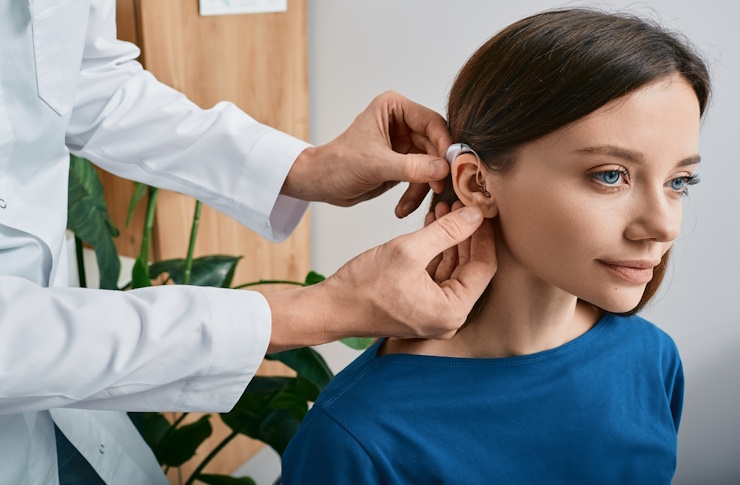Understanding Angioedema Treatment: A Comprehensive Guide
Angioedema treatment options include antihistamines, corticosteroids, and medications that target underlying triggers. Treatment depends on whether the condition is allergic, hereditary, or drug-induced. Severe cases may require emergency care for airway protection.

Identifying Types of Angioedema for Proper Treatment
Angioedema presents in several forms, including hereditary angioedema (HAE), allergic angioedema, and medication-induced angioedema. Each type requires specific treatment approaches. Healthcare providers typically conduct thorough evaluations, including blood tests and medical history reviews, to determine the appropriate treatment strategy. Understanding the specific type is crucial for effective management and long-term care.
Emergency Treatment Options for Acute Episodes
During acute angioedema episodes, especially those affecting breathing, immediate medical attention is essential. Emergency treatments may include:
-
Epinephrine administration for severe allergic reactions
-
Fresh frozen plasma for hereditary angioedema
-
Antihistamines for allergic reactions
-
Oxygen therapy and airway management when necessary
Long-term Management Strategies
Chronic angioedema requires ongoing management through various approaches:
-
Regular monitoring and preventive medications
-
Trigger avoidance and lifestyle modifications
-
Prophylactic treatments for hereditary angioedema
-
Implementation of personalized emergency action plans
Medication Options and Their Applications
Different medications serve various roles in angioedema treatment:
-
C1 inhibitor concentrates for hereditary angioedema
-
Antihistamines for allergic reactions
-
Corticosteroids for inflammation reduction
-
Specialized medications like icatibant or ecallantide for specific cases
Preventive Measures and Lifestyle Modifications
Prevention plays a crucial role in managing angioedema:
-
Identifying and avoiding known triggers
-
Maintaining detailed symptom diaries
-
Regular medical check-ups
-
Stress management techniques
-
Dietary modifications when food allergies are involved
Treatment Costs and Coverage Options
| Treatment Type | Average Cost Range | Insurance Coverage |
|---|---|---|
| C1 Inhibitor Concentrates | $5,000-25,000/dose | Often covered with prior authorization |
| Antihistamines | $10-50/month | Generally covered |
| Emergency Room Visit | $1,000-3,000 | Typically covered with copay |
| Specialist Consultation | $200-500/visit | Usually covered with copay |
Prices, rates, or cost estimates mentioned in this article are based on the latest available information but may change over time. Independent research is advised before making financial decisions.
Successful angioedema treatment requires a comprehensive approach combining appropriate medical interventions, preventive strategies, and ongoing management. Regular consultation with healthcare providers ensures treatment plans remain effective and adjusted as needed. Understanding available options and maintaining open communication with medical professionals helps optimize treatment outcomes.
This article is for informational purposes only and should not be considered medical advice. Please consult a qualified healthcare professional for personalized guidance and treatment.




